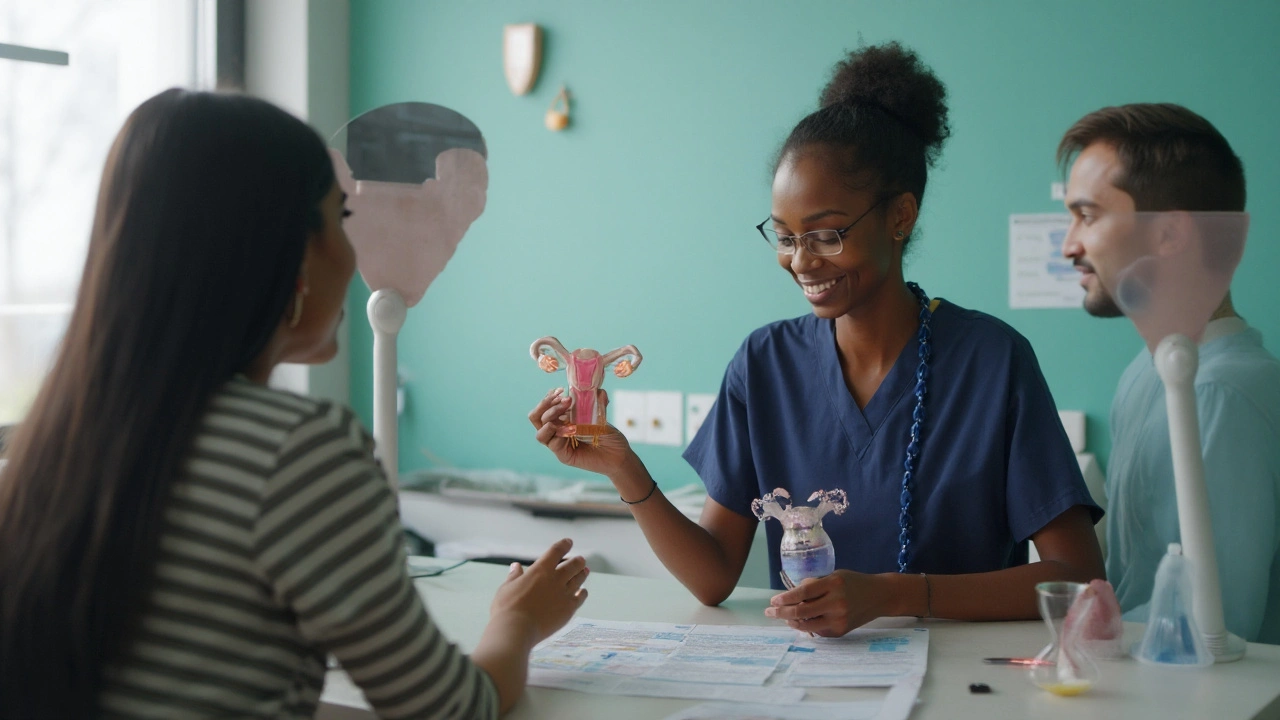Does Birth Control Cause Infertility? Facts, Myths, and What You Need to Know
If you’ve ever wondered whether the pill, patch, or IUD could make it harder to get pregnant later, you’re not alone. Lots of people hear stories that birth control “damages” fertility, but the reality is a lot more straightforward.
What the science really says
Studies show that most hormonal contraceptives – the pill, ring, shot, and patch – temporarily pause ovulation. When you stop using them, your body usually starts making eggs again within a few weeks to a few months. For most women, the time it takes to get pregnant returns to what it was before you started birth control.
There are a few exceptions. The Depo‑Provera shot can delay the return of regular cycles for up to a year in some users. But even then, the delay isn’t permanent; it’s just a longer waiting period.
Non‑hormonal options and infertility
Non‑hormonal methods like copper IUDs, condoms, or diaphragms don’t interfere with hormone levels at all, so they have no impact on future fertility. The copper IUD even works as a reliable long‑term method and can be removed whenever you’re ready to try for a baby.
What does cause real trouble for fertility are factors unrelated to birth control: untreated infections, smoking, certain medications, and underlying health conditions like polycystic ovary syndrome (PCOS) or endometriosis. Those need medical attention regardless of your contraceptive choice.
Another common worry is weight gain from the pill. While some people notice a slight increase, research hasn’t linked weight changes from hormonal birth control to permanent infertility. Maintaining a healthy lifestyle helps keep fertility strong no matter what method you use.
So, if you’re planning to stop birth control and try for a baby, the best approach is to talk with your doctor. They can guide you on when to stop, what to expect, and whether any screening is needed based on your health history.
In short, birth control itself doesn’t cause infertility. Most methods only pause the process temporarily, and fertility usually returns quickly once you stop. Understanding the difference between a short‑term pause and a permanent problem can calm a lot of anxiety and help you make informed choices about your reproductive health.

Contraception and Infertility: Myths vs Facts Backed by Science
Worried birth control hurt your fertility? Get science-backed facts on pills, IUDs, implants, and shots, plus timelines, checklists, and when to seek help.
Read more